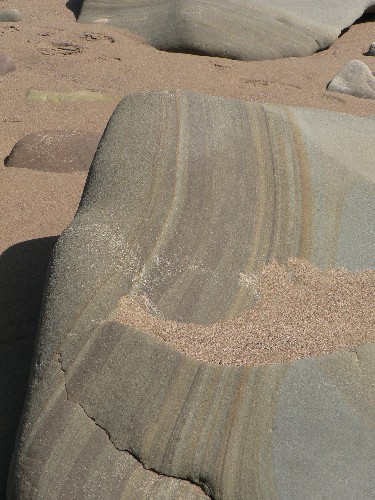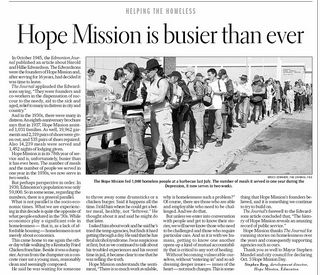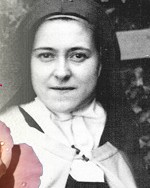A big pleasure in a world of forgotten pleasures is the morning shower.
The hot water pelting my head pulls me free from a night of shark-thoughts that swam large and purple and threatening in a slurry of chum, and I approach something close to sanity.
The water and steam thicken and soften and my body awakens and centers me as best it can, and I step out mostly human. After drying, and stretching while drying, I feel as close to a person as I’m going to feel that day.
I overlook the morning shower and its gift of warm simple pleasure. It’s an ablution. It’s a morning baptism. As all water is holy and mysterious, and full of stories…sadly, forgotten.
We forget. We forget our place, this moment, this child, this tree, this mother, this stone, this stream. We forget how our story began. So where from here?
|
We’ve forgotten enjoyment. We’ve traded away our pleasures for faux desires.
Our desires need a shower. Need baptism. Need release from rivalry. Need the touch of a child.
We need to live like Annie Dillard’s weasel. Tenaciously obedient to what we are and who we’re to become, and to where we’re called.
Where would this obedience take us? At least to back to pleasure. Back to running through sprinklers. And no time fight.
Technorati Tags: Annie Dillard, Morning shower, Pleasure, Desire, Beauty, Peace, Spirituality



